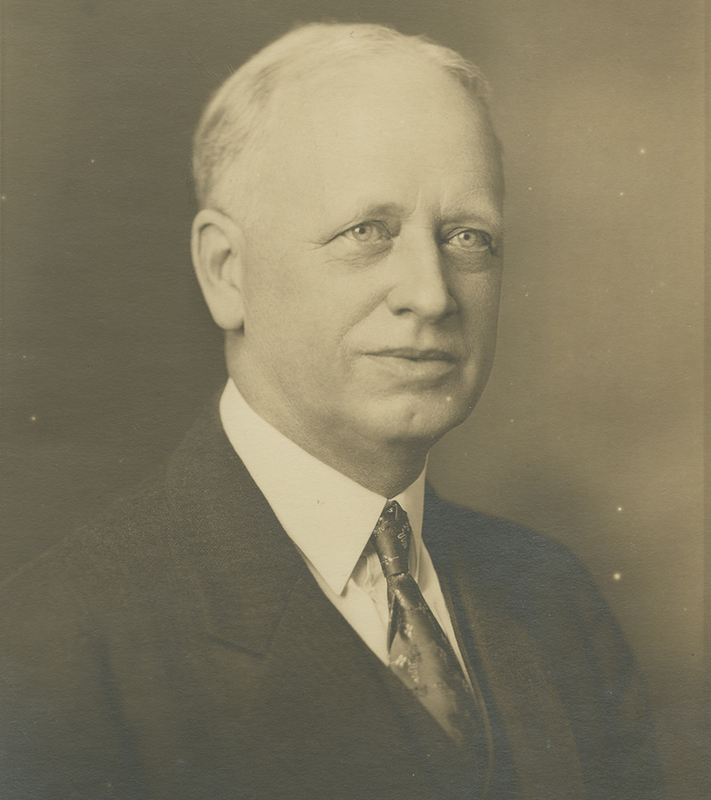Introduction
Walter George Whitman was born in Norway, Maine on May 4, 1874. He studied at Tufts College, gradiating in 1898 and soon began his teaching career at Goddard Seminary. He also taught at a few other high schools throughout the area. In 1906, he completed his M.A degree at Columbia University before teaching at New York City’s Ethical Culture School. Following his time in New York, he moved to Salem, MA with his wife Grace, and his three children George, Mary and Carlton to teach at the State Normal School (now Salem State University). In Salem, he taught practical science and he eventually became the head of department from 1915 to 1944.[1]
Whitman loved science and teaching science so much that he taught at a handful of schools and colleges in New England. He also spent time writing about science, including some textbooks. Through his teaching, he helped establish many science-based organizations and was also founder of General Science Quarterly.
In 1925 Whitman took a sabbatical year during which he traveled to China to teach science at the Nanking University and travel in China. Rather than living in the designated homes for traveling Americans, he chose to live among the Chinese to immerse himself in the culture. In his travels he collected postcards, took pictures and lantern slides, and wrote about his daily experiences to bring back home and share with his friends, family, students, and colleagues. These artifacts are still in the Archives in the Salem State University Library today.
Whitman's writings about and evaluations of Chinese culture hint at some of his ethnocentric views. The United States and China had a fairly good relationship throughout the 1920’s; the US was even the first to formally recognize the Nationalist Government in China. Yet, even though the governments were on good terms, there was still lots of disconnect between the cultures. There were beliefs of ethnocentrism throughout both cultures, and these appear in Whitman’s writings and analysis. Ethnocentrism is the belief of superiority in one’s personal ethnic group over another’s.[2] Whitman may have been a great man of science and done a lot for the region and city of Salem, but he still seemed to approach the Chinese poeple and culture from an ethnocentric standpoint.
[1] "Digital Commons at Salem State University." Digital Commons at Salem State University. Accessed December 13, 2018. https://digitalcommons.salemstate.edu/wgwhitman/.
[2] "Ethnocentrism." Dictionary.com. Accessed December 13, 2018. https://www.dictionary.com/browse/ethnocentrism.
